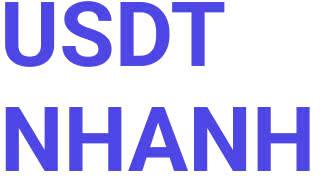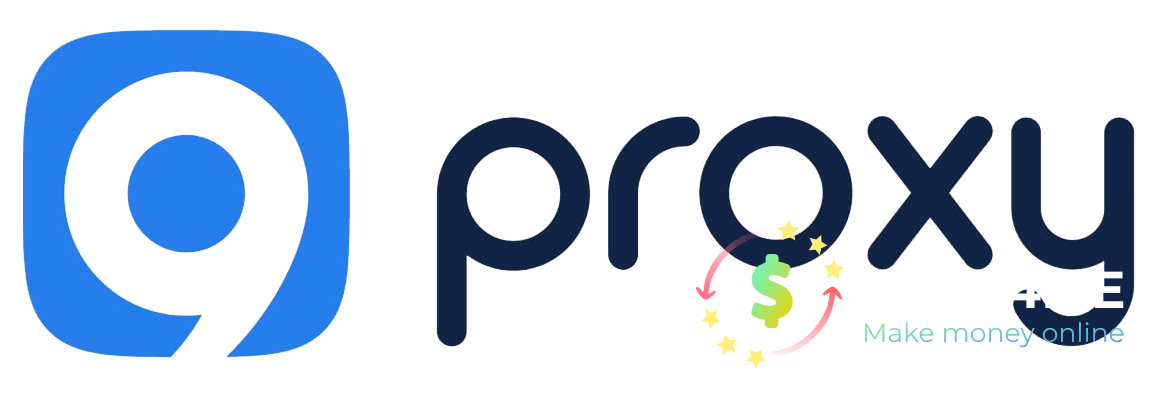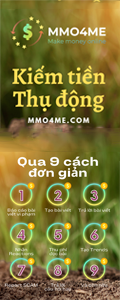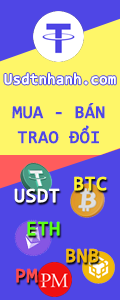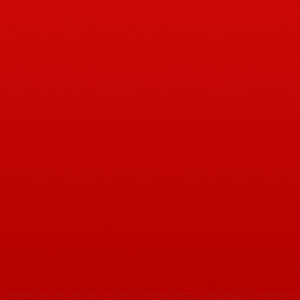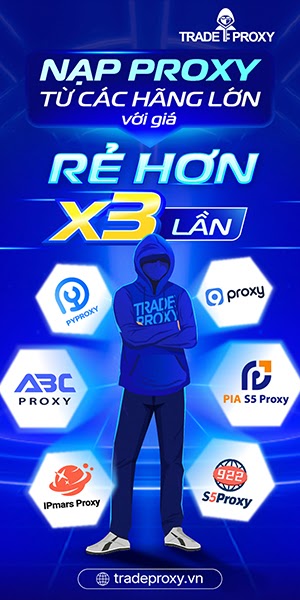xxxthedeathxxx
Banned
Can you imagine your Internet Service Provider policing everything you do online?
Can you imagine generic drugs that could save lives being banned?
Can you imagine seeds that could feed 1000's being controlled and withheld in the name of patents?
This will become reality with ACTA.
ACTA is the Anti Counterfeiting Trade Agreement.
Disguised as a Trade Agreement, ACTA goes much, much further than that.
For the past 3 years, ACTA has been negotiated in secret by 39 countries.
But the negotiators are not democratically elected representatives.
They don't represent us, but they are deciding laws behind our backs.
Bypassing our democratic processes, they impose new criminal sanctions to stop online file sharing.
ACTA aims to make Internet Service & Access Providers legally responsible for what their users do online, turning them into Private Copyright Police & Judge, censoring their networks.
The chilling effects on free speech would be terrible.
In the name of patents, ACTA would give large corporations the power to stop generic drugs before they reach them people who need them, and stop the use of certain seeds for crops.
The European Parliament will soon vote on ACTA.
This vote will be the occasion to say no once and for all to this dangerous treaty.
As citizens, we must urge our representatives to reject ACTA.
NO TO ACTA.
SOPA = PIPA = ACTA = Censorship!
ACTA is one more offensive against the sharing of culture on the Internet. ACTA (Anti-Counterfeiting Trade Agreement) is an agreement secretly negotiated by a small "club" of like-minded countries (39 countries, including the 27 of the European Union, the United States, Japan, etc). Negotiated instead of being democratically debated, ACTA bypasses parliaments and international organizations to dictate a repressive logic dictated by the entertainment industries.
ACTA would impose new criminal sanctions forcing Internet actors to monitor and censor online communications. It is thus a major threat to freedom of expression online and creates legal uncertainty for Internet companies. In the name of trademarks and patents, it would also hamper access to generic medicines in poor countries.
The European Parliament now has an ultimate opportunity to reject ACTA.
http://www.youtube.com/watch?v=citzR...layer_embedded
Nguồn: WJ
Theo: WikiHiệp định Thương mại Chống hàng giả (ACTA) là một đề xuất hiệp định đa phương để thiết lập các tiêu chuẩn quốc tế về tuân thủ các quyền sở hữu trí tuệ.[1] ACTA sẽ thiết lập lên một khuôn khổ luật pháp quốc tế mới mà các quốc gia có thể gia nhập trên cơ sở tự nguyện[2] và có thể tự tạo ra một thể chế bên ngoài các tổ chức quốc tế đã có như Tổ chức Thương mại Thế giới (WTO), Tổ chức Sở hữu Trí tuệ Thế giới (WIPO) hay Liên Hiệp Quốc.[3][1] Các quốc gia tham gia đàm phán đã miêu tả nó như là một phản ứng của "sự gia tăng thương mại toàn cầu về hàng hóa giả và vấn đề bảo vệ bản quyền tác phẩm lậu."[2] Phạm vi của ACTA là rất rộng, bao gồm hàng hóa giả mạo, nguồn gốc dược phẩm và "sự sao chép trái phép trên Internet", vi phạm bản quyền trên internet.[4] Bởi vì nó có hiệu lực của một hiệp ước, Acta sẽ vượt qua tiền lệ nhiều tòa án xác định quyền lợi người tiêu dùng để sử dụng "hợp lý" và cả hai sẽ thay đổi hoặc loại bỏ các hạn chế về áp dụng luật sở hữu trí tuệ.
Sau một chuỗi rò rỉ các văn bản dự thảo của các phiên đàm phán năm 2008, 2009 và 2010, ACTA đã công bố phiên bản chính thức của dự thảo hiện tại ngày 20 tháng 4 năm 2010.[5] Ý tưởng thiết lập một hiệp định đa phương về hàng hóa giả mạo đã được Nhật Bản và Hoa Kỳ phát triển từ năm 2006. Canada, Liên minh Châu Âu và Thụy Sĩ đã gia nhập các phiên thảo luận sơ bộ từ 2006 đến 2007. Các phiên đàm phán chính thức được bắt đầu từ tháng 6 năm 2008, với sự tham gia của Australia, Mexico, Morocco, New Zealand, Hàn Quốc và Singapore. Dự kiến các thương thuyết sẽ kết thúc vào năm 2010.[6]
Làm biếng dịch.ai dịch dùm em.tks.
Last edited by a moderator:



